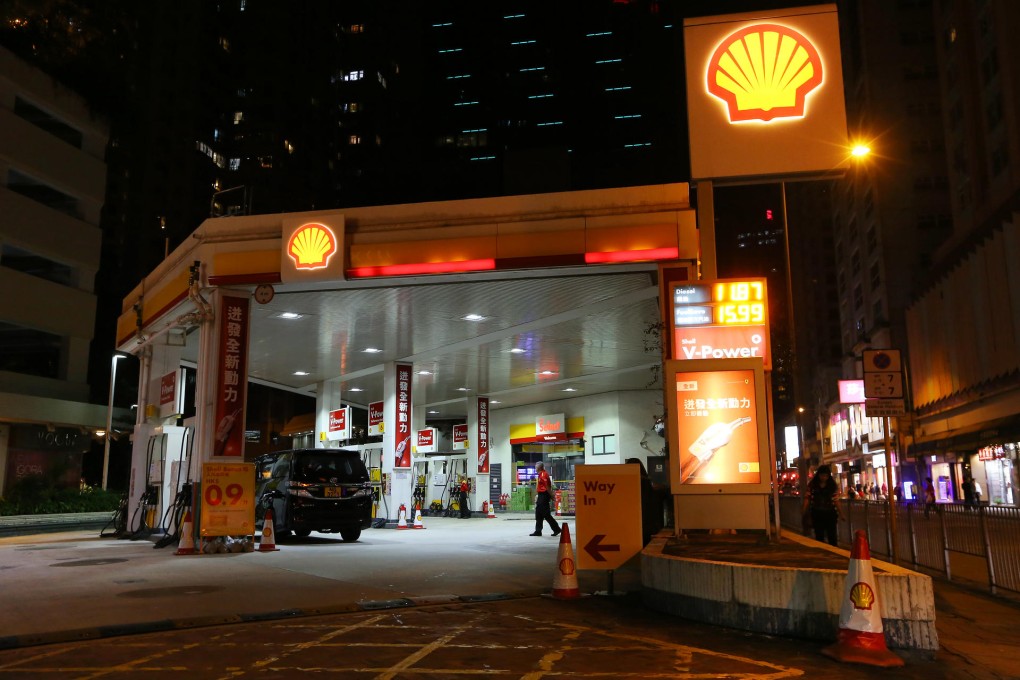Shell makes early move on biodiesel launch in Hong Kong
Oil major launches a blended fuel product in the city today to address green concerns and attract environmentally conscious companies

Shell Hong Kong today becomes the first oil major in the city to commercially launch the 5 per cent biodiesel blend product, targeting corporate customers seeking to meet their greenhouse gas emission reduction and development sustainability goals.

Local mass transport market demand is almost non-existent since there is no mandatory blending requirement of local diesel supply, leaving only voluntary demand from the government, industrial and commercial sectors to support experimental usage.
"Demand from the commercial sector does exist since corporates are increasingly aware of the importance of sustainability development and environmental protection," said Shell Hong Kong chairman Daniel Ng Ngai-hung. "The key [to mass commercialisation] is for the government to legislate policies or offer other support such as subsidies."
Mandatory biodiesel blending ranges between 5 and 10 per cent in the United States and 7 per cent in Europe. Indonesia, Malaysia, the Philippines, South Korea and Taiwan also have mandatory blending requirements.
Shell has previously been working with Gammon on trial sales and distribution in the city, including the construction of a fuel blending facility for a sum that Ng declined to disclose.
Shell sources its biodiesel from Middle East-funded ASB Biodiesel, which this year started operating in Tseung Kwan O at a HK$1.36 billion, 100,000-tonne-a-year plant that makes biodiesel from waste cooking oil and grease trap waste sourced from restaurants and caterers.
